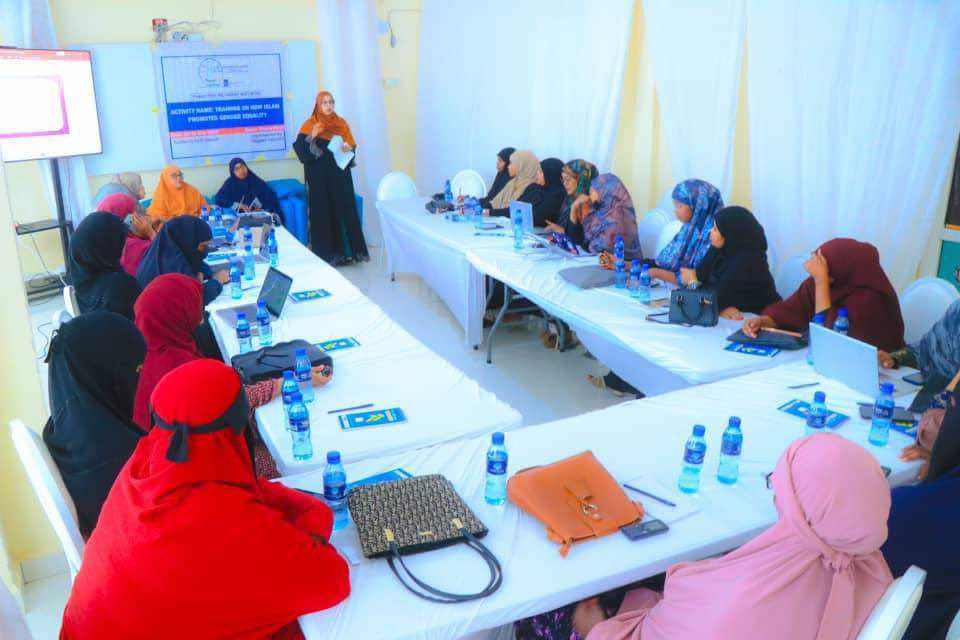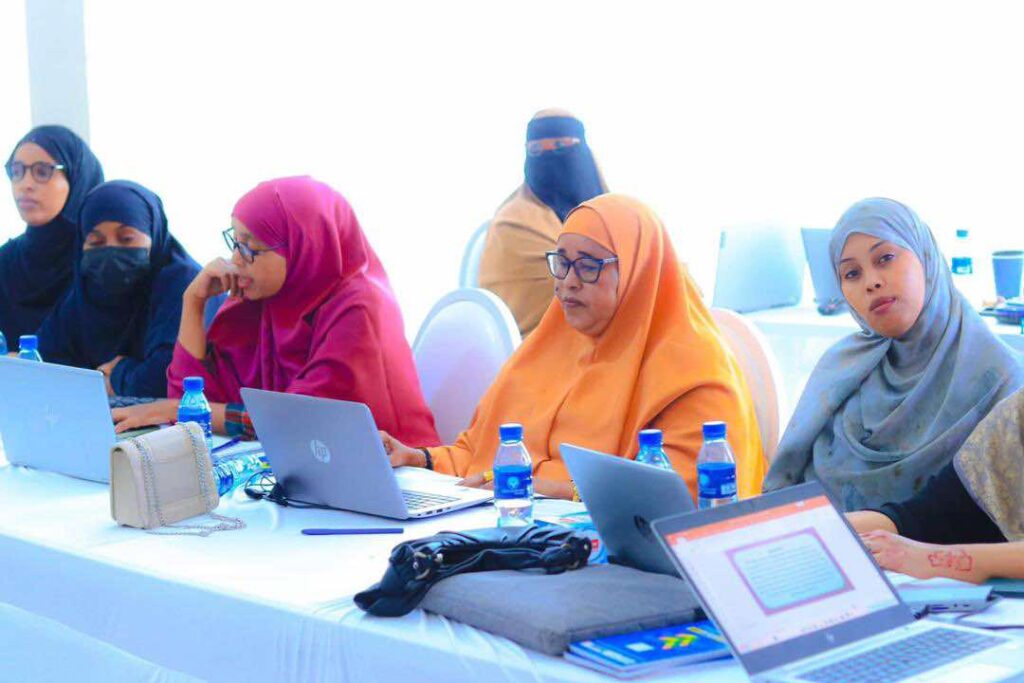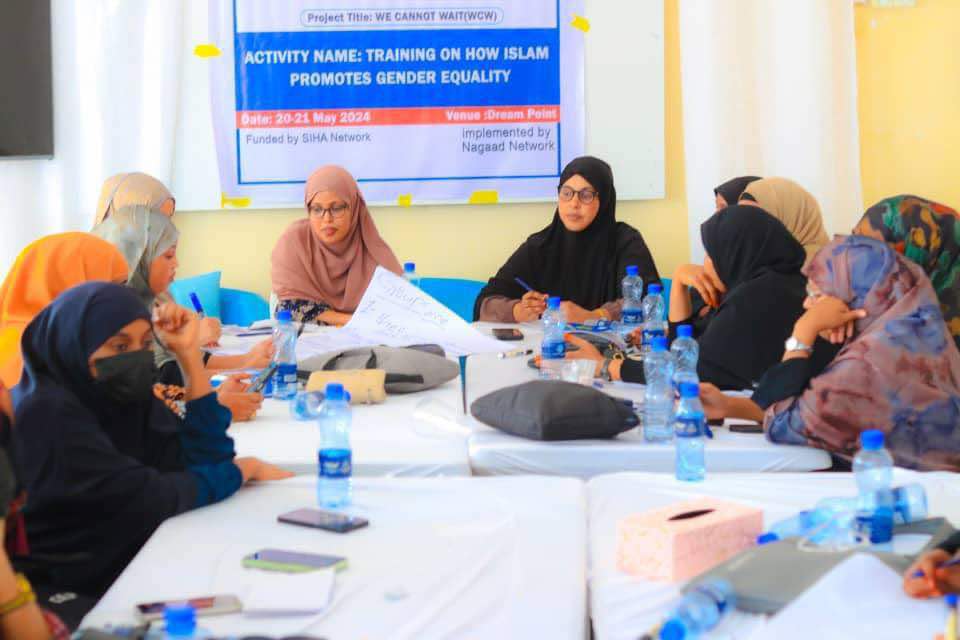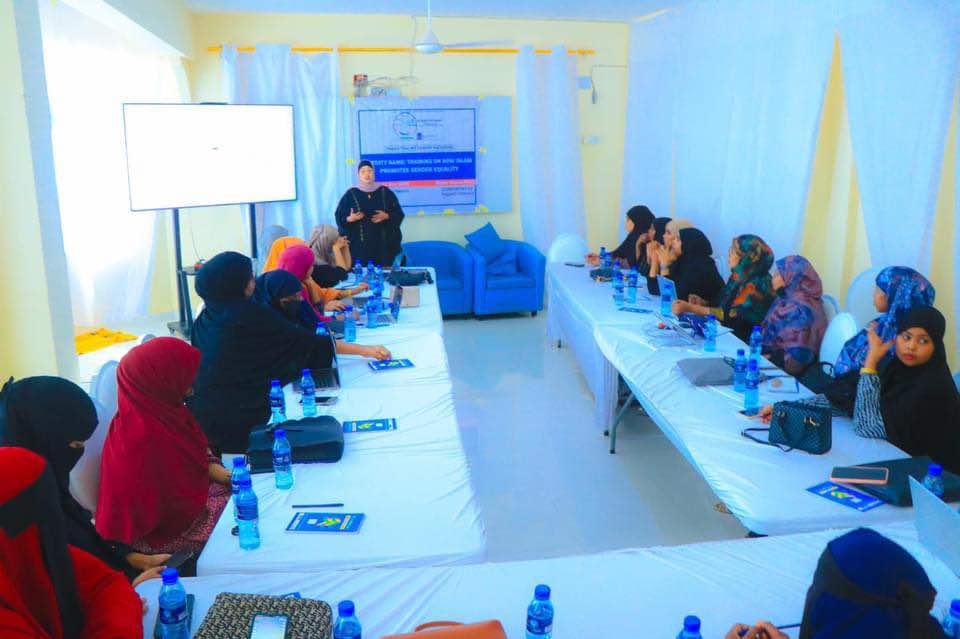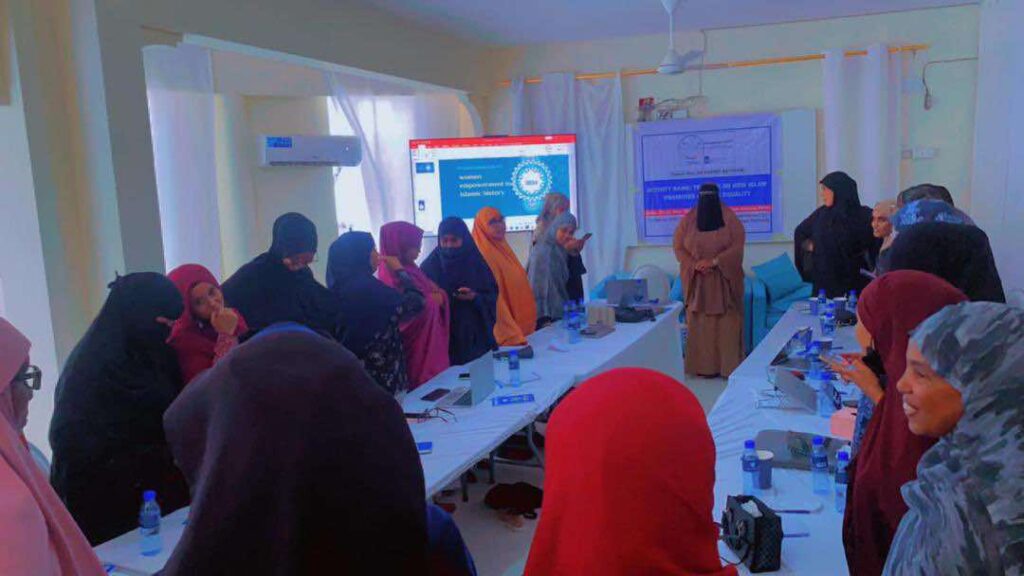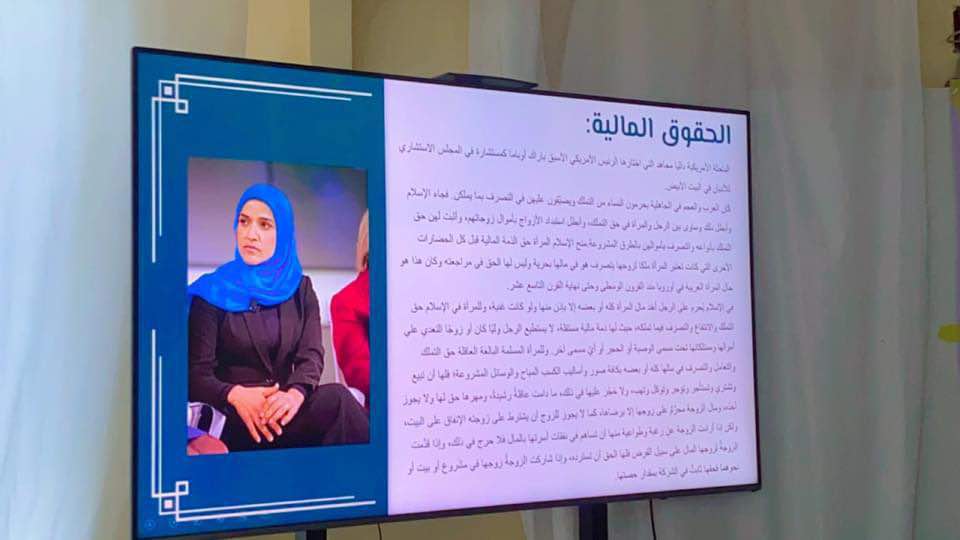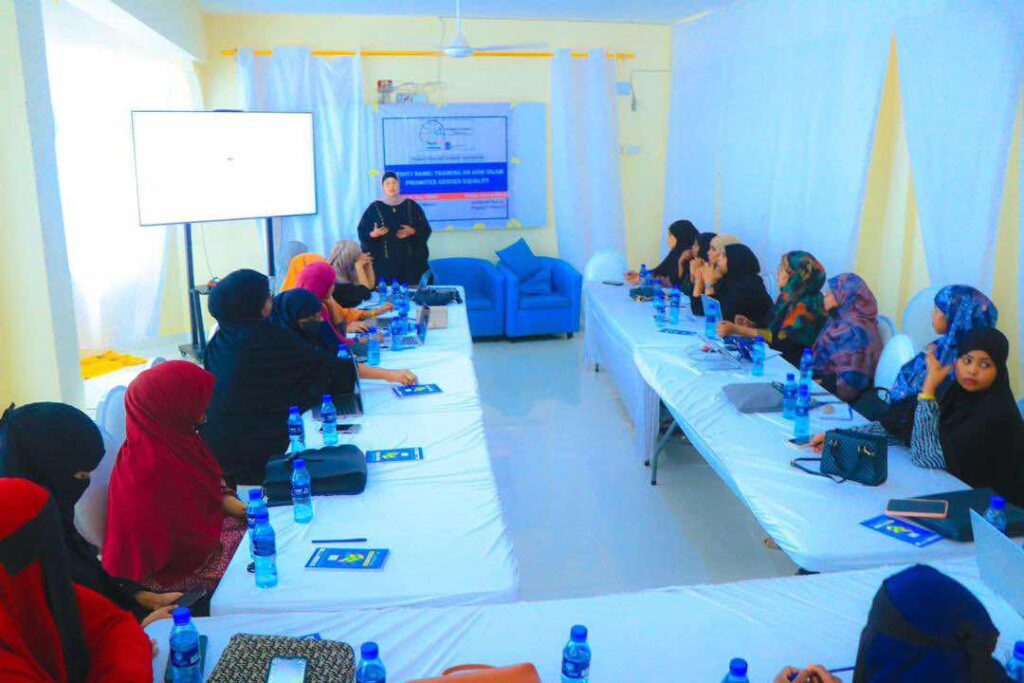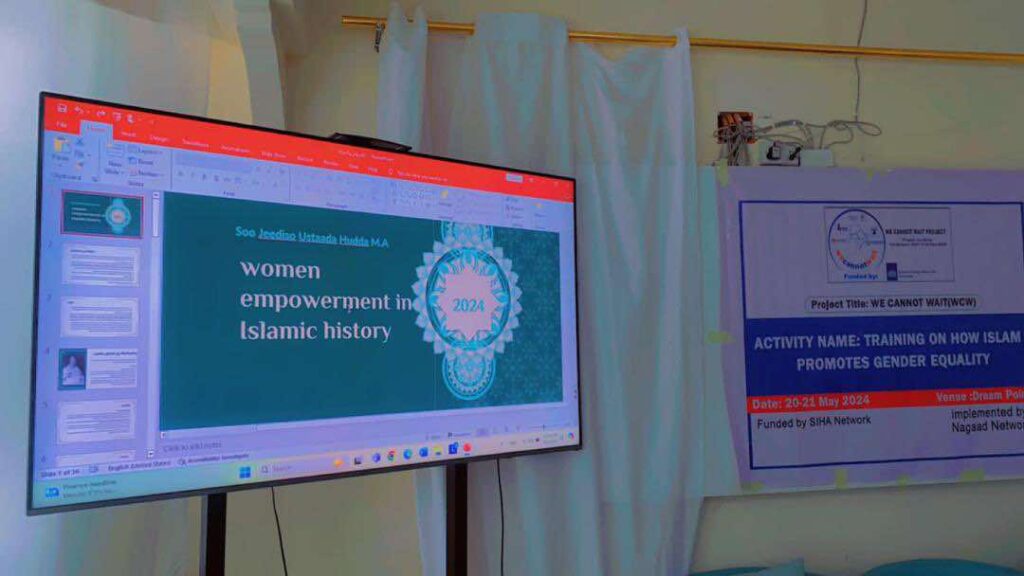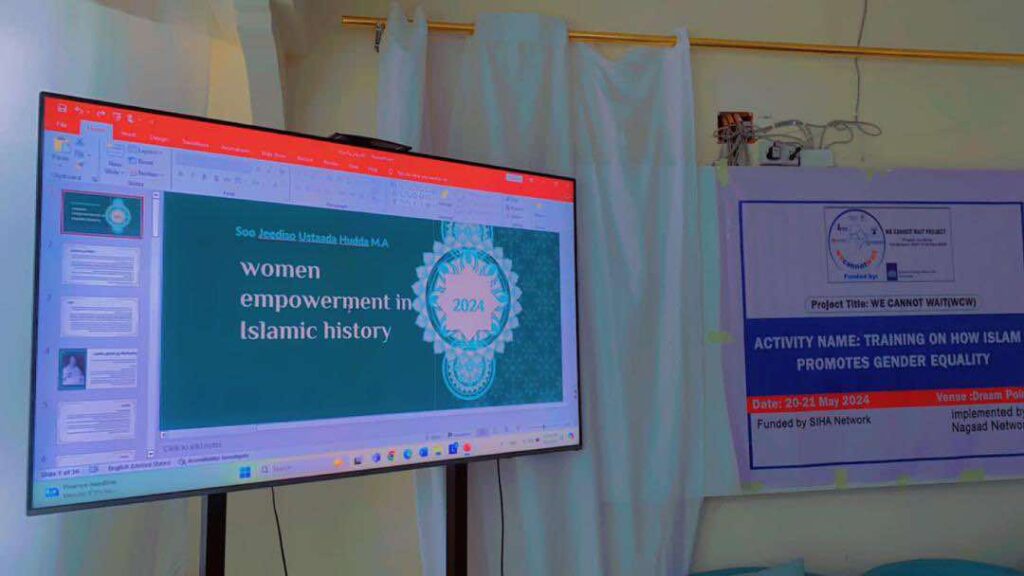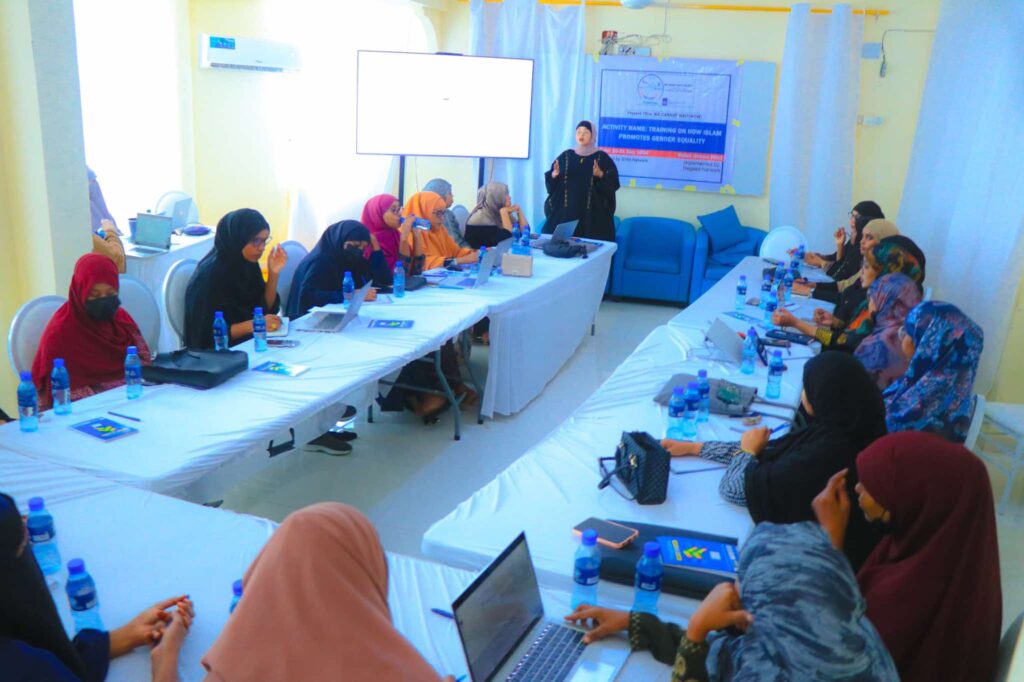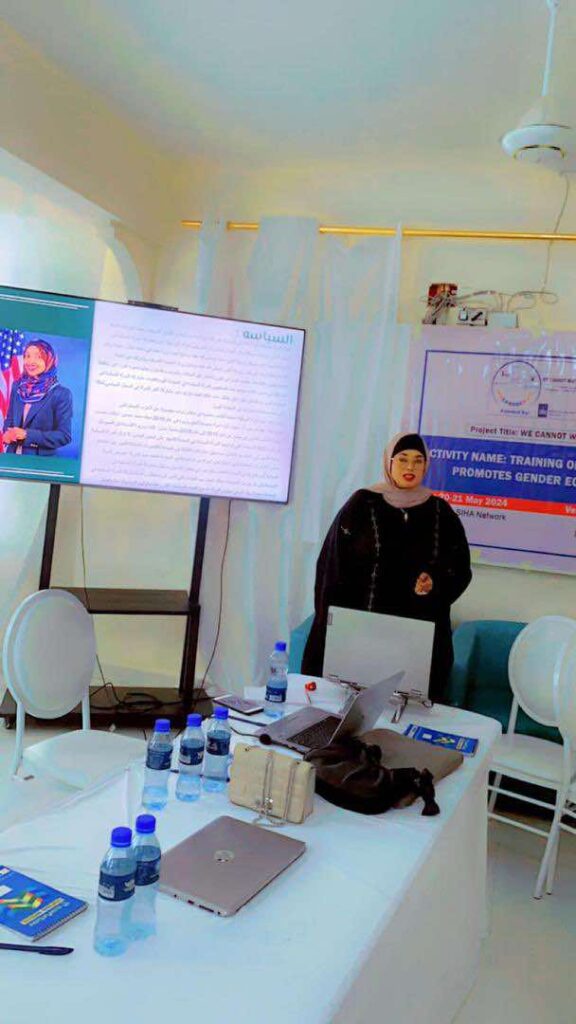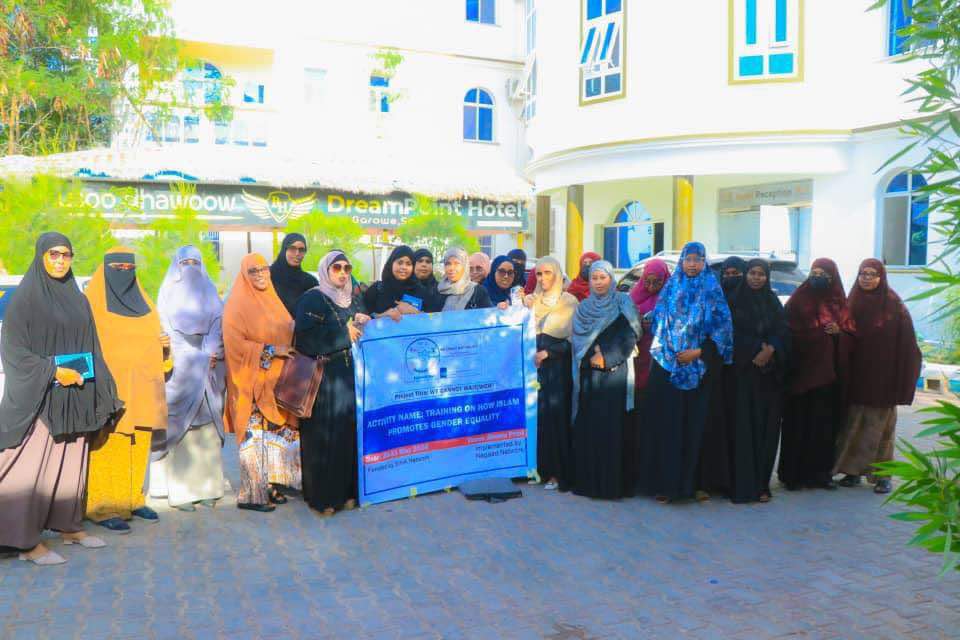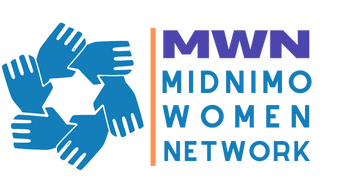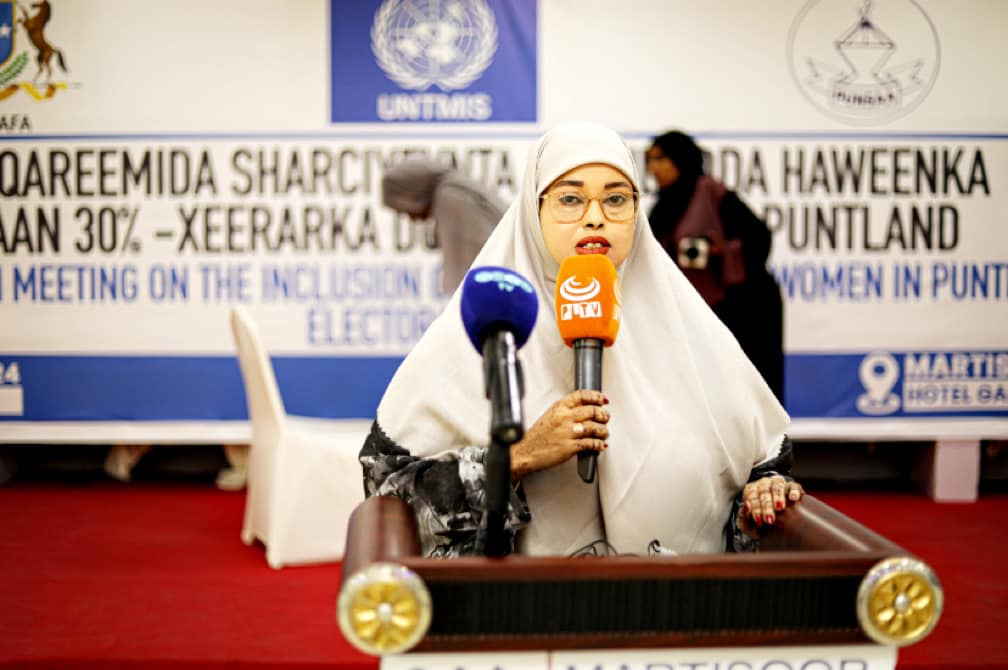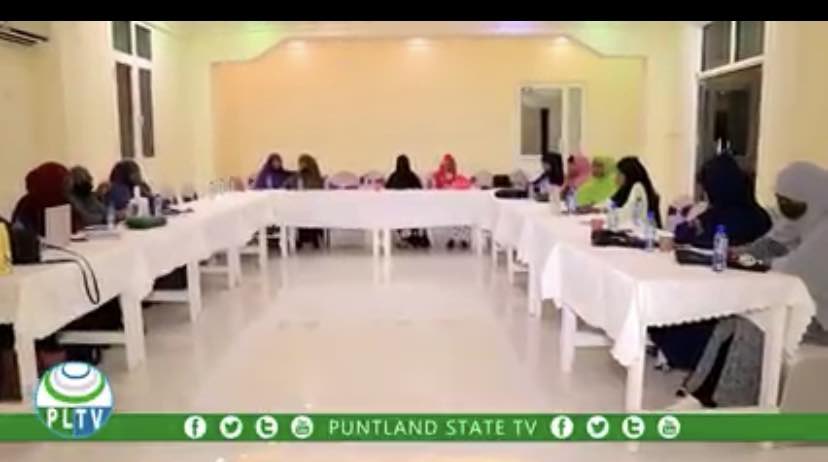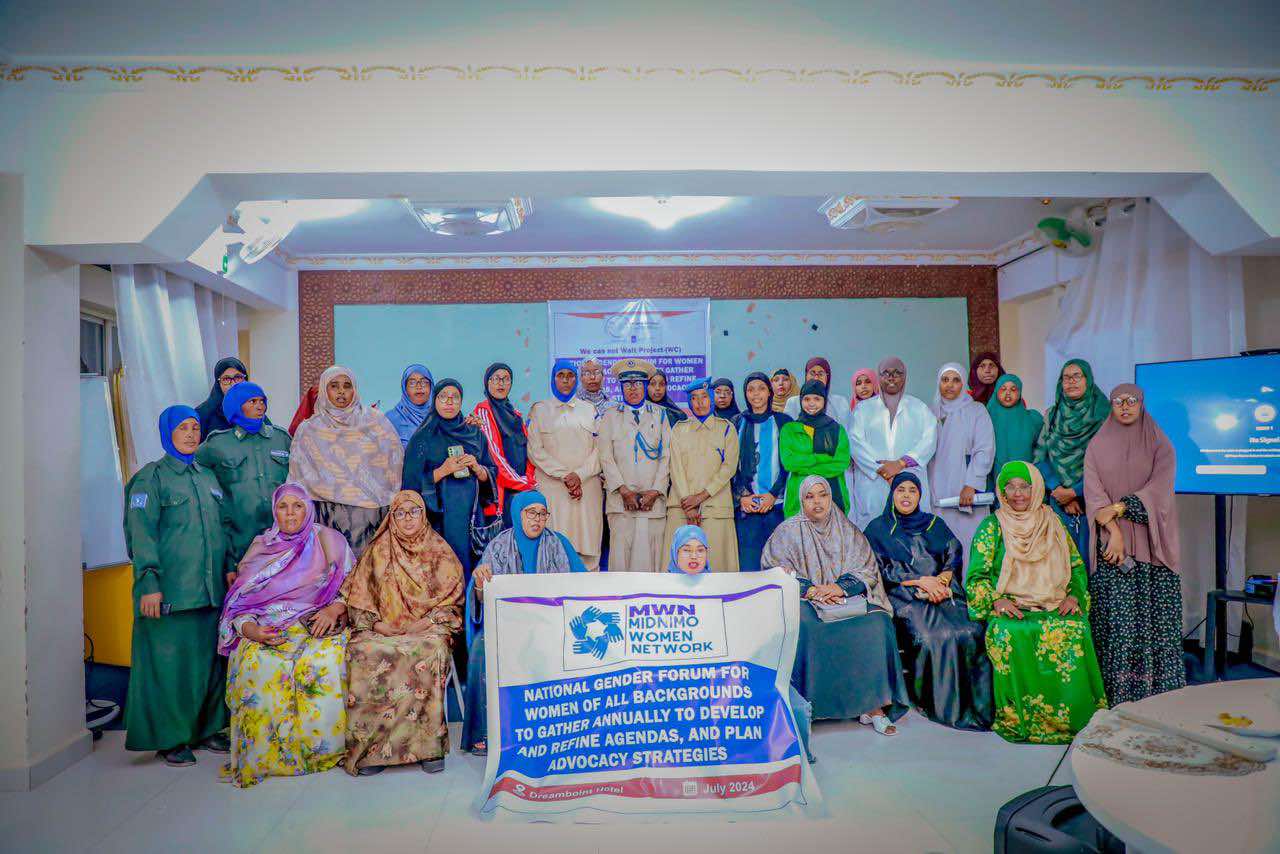35 representatives from women’s rights organizations and women activists in Puntland are benefited from this valuable experience. The deputy minister of justice, religious leaders, constitution, and rehabilitation Mrs. Mariam officially opened the training and encouraged women’s capacitating for their knowledge of how Islam promoted gender equality and the rights their Islamic religion gave them
Main Objective:– The primary objective of this training was to equip leaders of women’s rights organizations and activist groups with a comprehensive understanding of how Islam promotes gender equality, particularly in regard to the empowerment of women. The training aimed to foster a nuanced understanding of Islamic teachings and their practical application to women’s empowerment. This knowledge is intended to enable the participants to engage more effectively with religious leaders, community members, and policymakers on these important issues.
The training covered a range of topics related to the intersection of Islam and gender equality. Some of the key areas addressed include..
1. Islamic Principles and Women’s Rights: An in-depth exploration of the core Islamic principles and teachings that support gender equality, such as the concepts of equal dignity, rights, and responsibilities between men and women.
2. Historical and Contemporary Perspectives: A review of how the role and status of women have been interpreted and applied throughout Islamic history, as well as an examination of current debates and progressive interpretations within the Muslim community.
3. Empowerment and Leadership:– Strategies and best practices for leveraging Islamic teachings to empower women and promote their active participation in leadership, decision-making, and public life.
4. Navigating Religious Discourse: -Techniques and approaches for engaging constructively with religious leaders, community members, and policymakers to advance women’s rights and gender equality within an Islamic framework.
5. Practical Application and Case Studies:- Discussions and exercises to help participants develop the skills and confidence to apply the knowledge gained from the training in their own advocacy and outreach efforts. The training was designed to be interactive and participatory, with ample opportunities for discussion, sharing of experiences, and collaborative problem-solving. Participants were also provided with a comprehensive training manual and resources for further learning and reference.
Outcome and Impact:•
By the end of the training, participants were equipped with a deeper understanding of how Islam’s core principles and teaching were leveraged to promote gender equality and empower women. As well as the history of Islam for women’s representation in decision-making and all aspects of life. This knowledge is expected to strengthen the participants’ ability to engage more effectively with various stakeholders, including religious leaders, community leaders, and policymakers, to advance women’s rights and drive positive change within their respective contexts.
